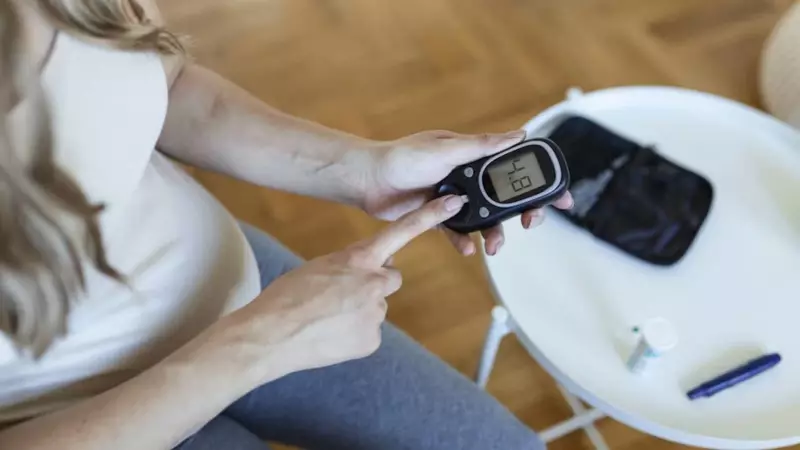
Alarming Shift: Type 2 Diabetes No Longer an 'Old Age' Disease in India
In a disturbing public health trend, doctors at the prestigious Postgraduate Institute of Medical Education and Research (PGI) in Chandigarh are witnessing a sharp surge in Type 2 diabetes among young adults and even children as young as 10 to 12 years old. This condition, traditionally associated with older adults, is now becoming increasingly common in younger populations, signaling a urgent need for lifestyle interventions.
Junk Food and Sedentary Lifestyles Fuel the Crisis
Experts point directly to modern lifestyle choices as the primary culprit. Dr. Soham Mukherjee from the Department of Endocrinology at PGI stated that childhood obesity, driven by poor diet and lack of physical activity, is a major factor. "The lifestyle we follow — the junk food children consume and the decline in physical activity — is directly contributing to this early onset," Dr. Mukherjee explained. He emphasized that the disease profile has transformed over the last decade, with diagnoses in the 30 to 40 age bracket now becoming very common.
Staggering Patient Numbers and a Plan for Action
The data supporting these observations is compelling. Professor Sanjay Bhadada, Head of Endocrinology at PGI, revealed the scale of the problem, noting that their endocrine clinic alone registers about 1,200 patients every week, with 10% being new cases. The department accounts for a significant 10 to 15% of the entire PGI Outpatient Department (OPD). To combat this rising burden, the institute is planning to initiate monthly patient education sessions to improve awareness.
Further evidence comes from the Chandigarh Non-Communicable Disease (NCD) Registry's second report, which found that between July 2018 and December 2021, at least 54 young adults aged 18 to 40 in the city were newly diagnosed with diabetes.
Prevention and the Serious Consequences of Inaction
Doctors unanimously agree that diabetes is largely preventable through consistent lifestyle changes. They recommend:
- At least 30 minutes of daily exercise, such as brisk walking (covering one kilometre in about eight minutes).
- Limiting fast food intake and maintaining an ideal body weight.
- Regular health monitoring and managing stress.
Professor Bhadada warned that once diagnosed, diabetes is a lifelong condition requiring medication. Early-onset diabetes can lead to complications affecting multiple organs as a person ages.
Dr. Ravul Jindal, Director of Vascular Surgery at Fortis Hospital Mohali, detailed the severe potential outcomes of uncontrolled diabetes, which include:
- Stroke, heart attack, and kidney failure.
- Diabetic foot, leading to limb amputation.
- Blindness and Peripheral Vascular Disease (PVD).
He noted that physical activity can lower the risk of developing diabetes by almost 60%. Common symptoms to watch for include increased thirst and urination, increased appetite, blurry vision, constant fatigue, and slow-healing sores.
This paradigm shift in diabetes prevalence serves as a critical warning. Health experts stress that urgent action, including routine screening, early diagnosis, and a collective move towards healthier living, is essential to curb this growing epidemic among India's youth.





